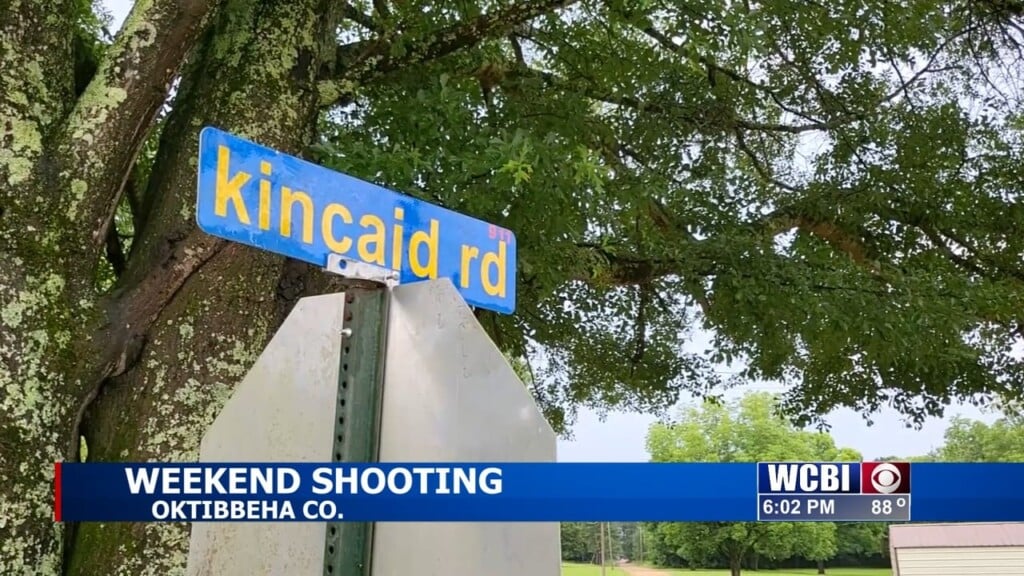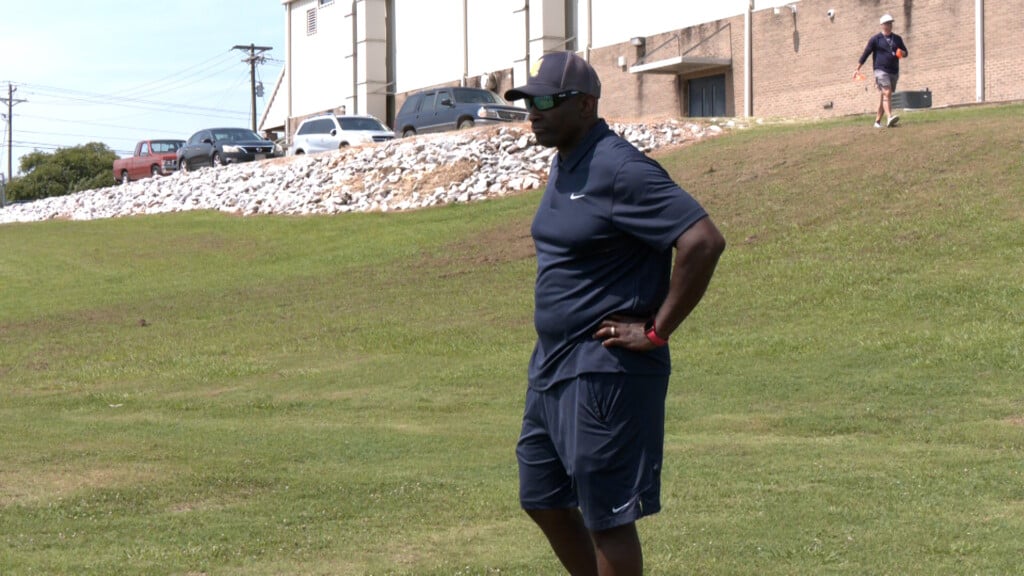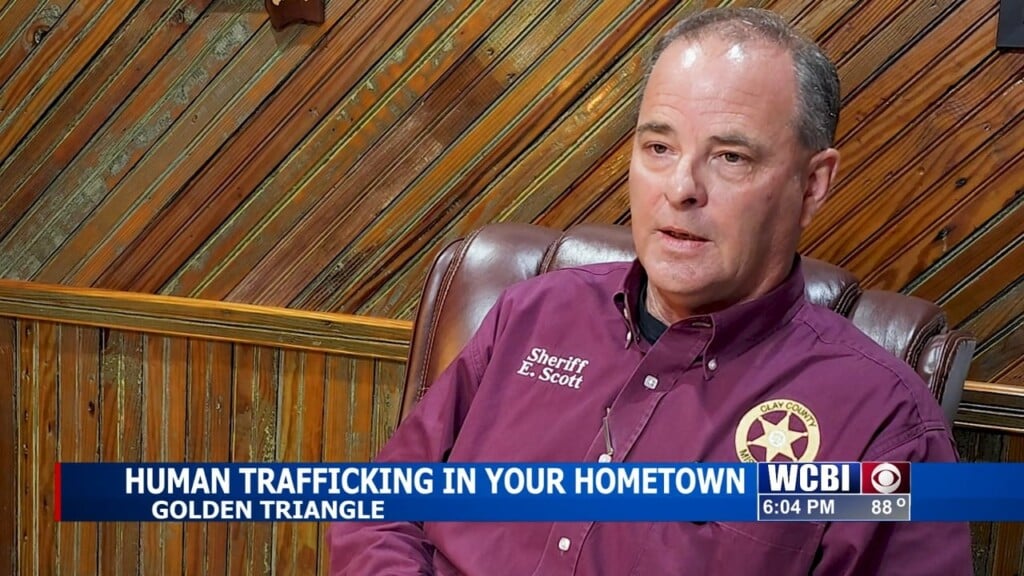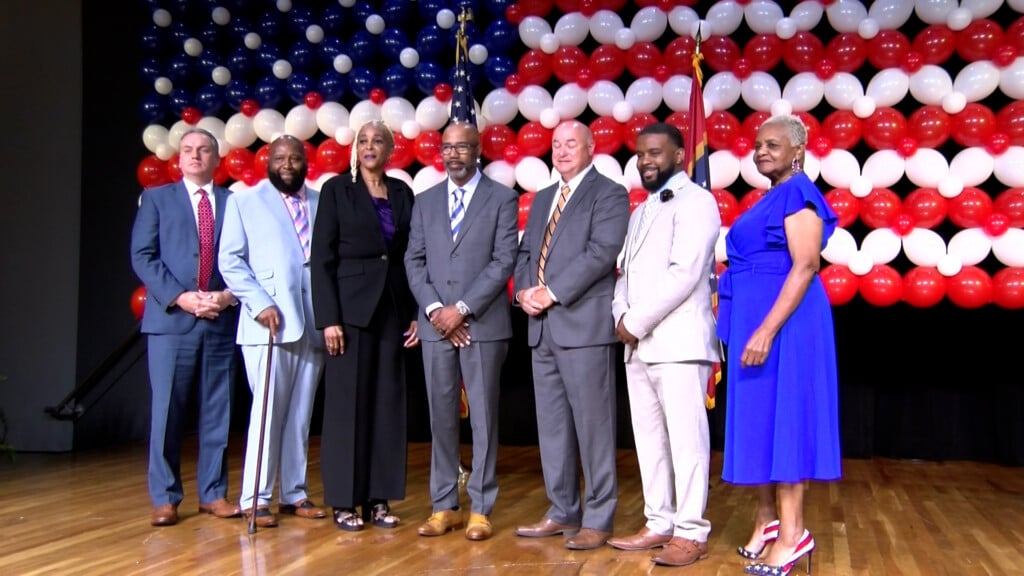Chicago top cop Eddie Johnson announces retirement
Chicago Police Superintendent Eddie Johnson announced Thursday he will retire after more than three years as the city’s top cop, a post he took over during one of the most violent chapters in the city’s history and amid public outcry over the release of a video showing an officer shooting a black teen 16 times.
In a tweet, department spokesman Anthony Guglielmi called 59-year-old Johnson a “true son of Chicago who grew up in public housing & went to public schools went on to become one of our most dedicated public servants.”
In an emotional speech Thursday, Johnson said reducing shootings in the city plagued by gun violence has been “one of the greatest accomplishments of my career.” He earlier cited about 100 fewer murders this past summer than in the summer of 2016, saying “the numbers tell us what we’re doing is working.”
“It’s time for someone else to pin these four stars to their shoulders,” Johnson said. “These stars sometimes feel like they are carrying the weight of the world. But I’m confident that I’m leaving CPD in a better place than when I became superintendent.”
Trending News
Johnson, who joined the force as a patrolman in 1988, signaled earlier in the week that he was mulling retirement because he wanted to spend more time with family. He said the decision would have nothing to do with an investigation into a recent incident in which he was found asleep behind the wheel of his SUV at a stop sign and his admission to Mayor Lori Lightfoot that he’d had a “couple of drinks with dinner” that night.
He has also come under withering ridicule from President Donald Trump, both on Twitter and in a recent Chicago speech to a national conference of police chiefs in which Mr. Trump called the city a haven for criminals. Johnson had boycotted the speech.
Johnson, a native Chicagoan, was named superintendent in 2016 by then-Mayor Rahm Emanuel, who had fired Superintendent Garry McCarthy after the release of the now-infamous video of Officer Jason Van Dyke fatally shooting 17-year-old Laquan McDonald. Johnson, then the interim chief, hadn’t even applied, but Emanuel eschewed the recommendations of the police board and chose him.
Johnson inherited a department that was in the midst of what seemed like a running gun battle on the streets as rival gangs and drug dealers shot it out for control of the streets. By the end of his first year on the job, the city saw thousands of shooting incidents, and the number of dead totaled nearly 800.
The next year things improved, but the street warfare had become a national media story. And he had to contend with Mr. Trump, who repeatedly pointed to the gun violence in the city in his campaign and into his presidency to claim that the bloodshed could be halted if the city allowed its police officers to crack down on crime. At one point, Johnson called Mr. Trump on his claim that an officer told him that gun violence could be solved “in a week,” publicly telling the president if he has such a plan, he should share it.
Johnson set out to beef up his force, presiding over an effort to hire more officers that has increased the size of the force by about 1,000. Under his leadership, the city also dramatically expanded the use of high-tech crime-fighting technology.
As the McDonald case was advancing in court, Johnson also looked for ways to restore public confidence that had been shattered by the shooting and allegations that Van Dyke’s supervisors and fellow officers made a concerted effort to keep secret what happened that night in October 2014.
Van Dyke climbed out of his car and shot McDonald 16 times as the teen, who was armed with a small knife, walked away from him. As reports were released in which officers at the scene contended the teen lunged at Van Dyke with a knife — directly contradicting the scene that unfolded on video — Johnson largely escaped criticism until media reports about how as a deputy chief he agreed after watching the video that the shooting was justified.
The McDonald shooting and the arrest of Van Dyke — the first police officer to be criminally charged in an on-duty shooting in decades — shined a light on a police force where officers are rarely disciplined for misconduct or officer-involved shootings.
In a blistering report, the U.S. Justice Department found a long history in the department of racial bias and excessive force by officers. That led to wholesale changes in the way offices are investigated and last year the implementation of a federal consent decree that calls for more community policing, better officer training and a requirement that officers fill out paperwork every time they point a gun at someone, even if they don’t fire.
Johnson’s willingness to show his human side helped him weather difficult times and endeared him to both his department and the city. He became emotional when he faced the press to talk about the shooting death of a longtime commander, and close friend, Paul Bauer. He showed his anger when he announced the arrest of actor Jussie Smollett, casting what he said was Smollett’s staged racist attack as an attack on the city itself. And he had the city rooting for him when he had a kidney transplant.





Leave a Reply